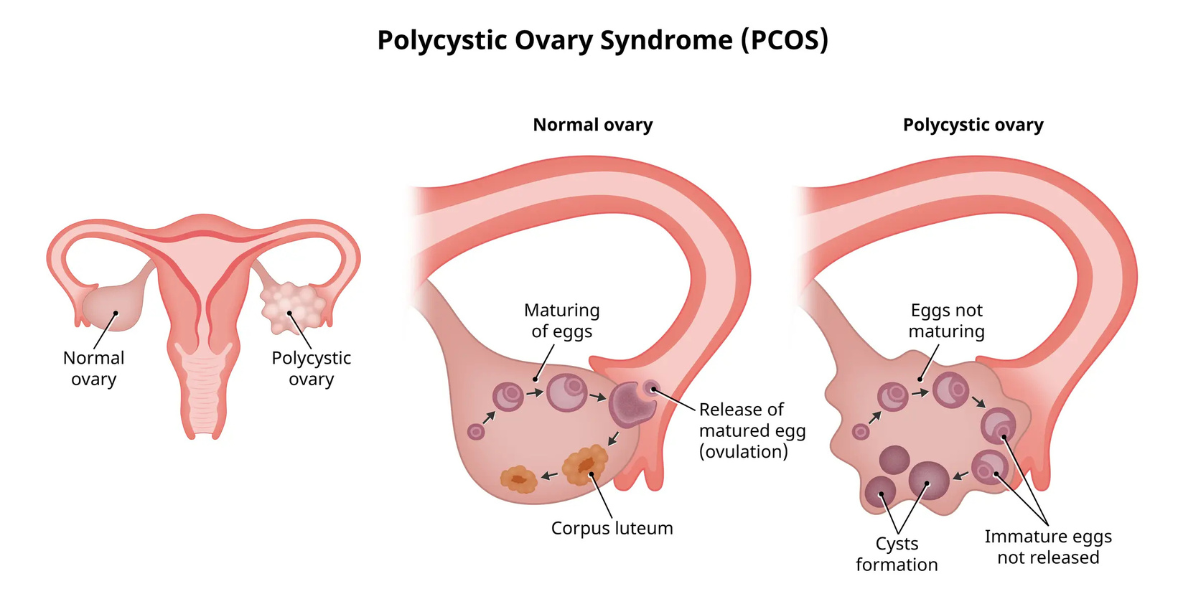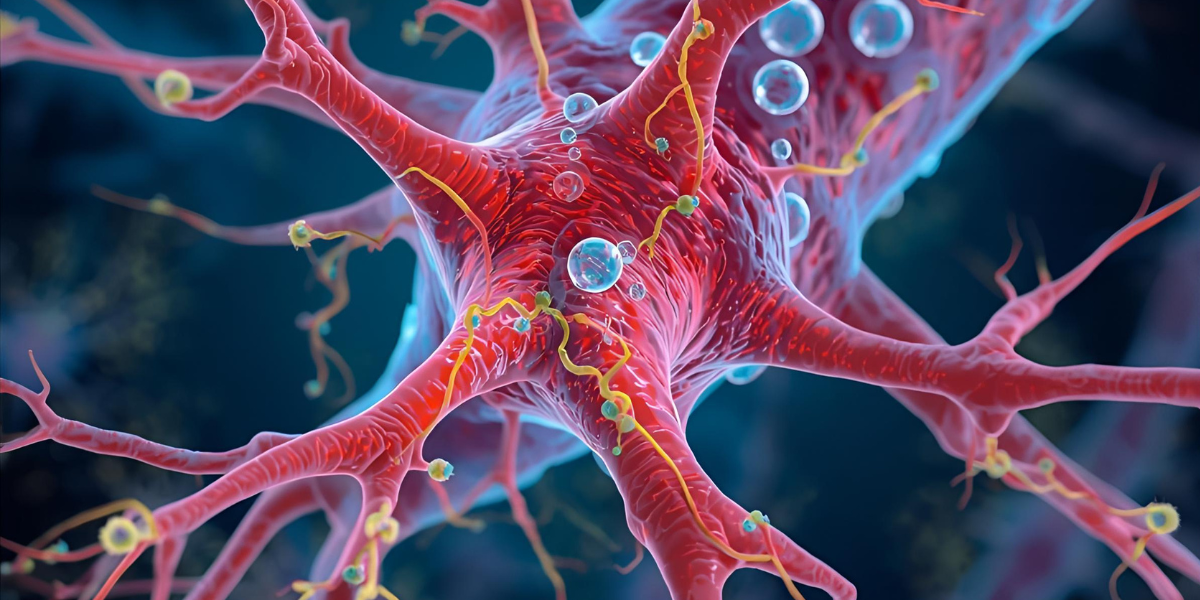
How hormones play a role in Menopause
Introduction
Chemotherapy has been a key component of cancer treatment for decades, helping to destroy cancer cells and shrink tumours. However, one of the biggest challenges in chemotherapy is drug resistance which is when cancer cells adapt to survive, making treatment less effective over time. Drug resistance can lead to recurrence and treatment failure, making it a major obstacle in the battle against cancer.
Combination drug therapy
In recent years, research has focused on understanding drug resistance and developing innovative strategies to overcome it. One of the simplest ways to tackle drug resistance is to use multiple drugs with different mechanisms of action. By combining chemotherapy with other types of treatments—like immunotherapy, or radiation, oncologists can attack cancer cells from multiple angles. This approach can make it harder for cancer cells to adapt and develop resistance.
Targeted Therapy
Targeted chemotherapy, often referred to as targeted therapy, is a type of cancer treatment that uses drugs designed to specifically identify and attack cancer cells without harming normal cells as much as traditional chemotherapy. Unlike traditional chemotherapy, which broadly kills rapidly dividing cells (including some healthy ones), targeted therapies focus on specific molecular targets involved in cancer growth and survival.
Modifying the Tumour Microenvironment
The tumour microenvironment can protect cancer cells from chemotherapy. Scientists are researching ways to “normalize” or alter the microenvironment to make it more permeable to drugs. Some approaches include using drugs that break down the extracellular matrix of the cell. By disrupting the cancer cells’ protective environment, these treatments make chemotherapy more effective.
Targeting Cancer Stem Cells
Cancer stem cells are a small subpopulation of cancer cells within a tumour that possess stem-like properties, including the ability to self-renew, differentiate into various cell types, and resist conventional therapies. Cancer stem cells are often resistant to chemotherapy, but new research is focused on finding ways to specifically target and destroy these cells. Therapies that target surface markers unique to cancer stem cells or disrupt their self-renewal pathways are showing promise in preclinical studies. By targeting cancer stem cells, it may be possible to prevent recurrence and achieve more durable remissions.
Conclusion
Overcoming drug resistance in chemotherapy is a complex and evolving challenge, but advances in research and technology are opening new doors. For patients and doctors alike, these breakthroughs represent a new era in cancer treatment. The one where we are not only fighting cancer but adapting to its defences and finding ways to overcome them.






